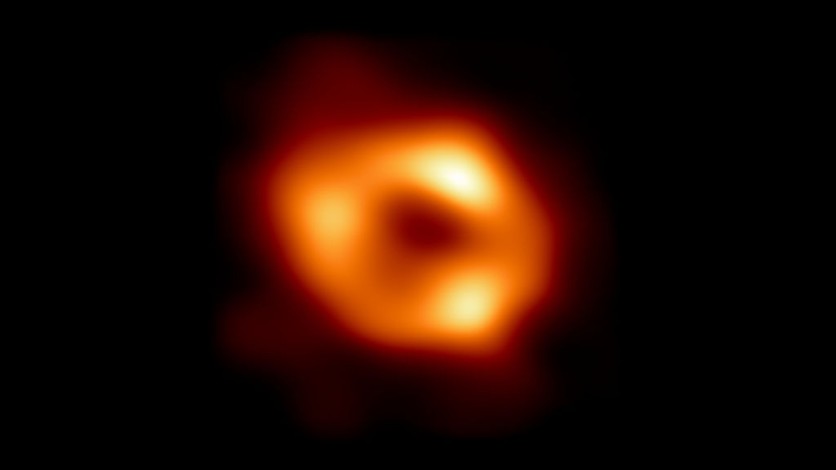Black holes are a thing of mystery and wonder in the scientific community. They are created when giant stars collapse, but many of their features remain unknown.
A new study led by Princeton astrophysicists has unraveled new insights into the behavior of black holes, challenging conventional understanding and shedding light on the intricate dynamics near their event horizons.

Black Holes Can Lose Energy?
Contrary to the widely held belief that nothing can escape a black hole's gravitational pull, the research introduces a surprising revelation: black holes can lose energy.
This phenomenon, predicted by Einstein's theory of relativity, likens the energy loss to a spinning top, gradually slowing down over time.
Eliot Quataert, Princeton's Charles A. Young Professor of Astronomy, explained that rotating black holes lose energy to their surrounding environment, a process that scientists have widely accepted since the 1970s.
The focal point of this study is the M87* black hole in the Messier 87 galaxy. The research challenges existing assumptions about the direction of energy flow near the black hole's event horizon, concluding that energy close to the event horizon of M87* is pushing outward and not inward.
The study's detailed findings are featured in The Astrophysical Journal, with Andrew Chael, an associate research scholar in astrophysics, serving as the first author.
Chael, along with co-author George Wong, has played a pivotal role in developing models used to interpret the complex behaviors of black holes. The team's approach involves determining the direction of energy flow by analyzing the spiraling magnetic field lines near the black hole.
Read Also : NASA Features Image of Pulsars, Gravitational Waves Unveiling Supermassive Black Hole Binaries
Jedi Lightsabers
Former Princeton postdoc Alexandru Lupsasca likens the resulting energy outflow jets from this process to "million-light-year-long Jedi lightsabers," highlighting the colossal scale of these cosmic phenomena.
The jets, extending 10 times longer than the Milky Way galaxy, stand as a testament to the immense energy transfer occurring near the event horizon.
While the research offers valuable insights, the team concedes that definitive evidence supporting the assertion that a black hole's spin genuinely propels extragalactic jets remains elusive.
The study envisions the utilization of a hypothetical "next-generation" Event Horizon Telescope to validate predictions and delve further into the intricacies associated with black holes. Researchers expressed enthusiasm about the potential discoveries awaiting the scientific community.
The team claimed that papers like theirs play a crucial role in determining the needs of future telescopic advancements as the astronomical community awaits exciting developments in our understanding of these cosmic enigmas.
Related Article : Scientists Find Out More About This Supermassive Black Hole That Releases Mysterious Radiation

ⓒ 2025 TECHTIMES.com All rights reserved. Do not reproduce without permission.




